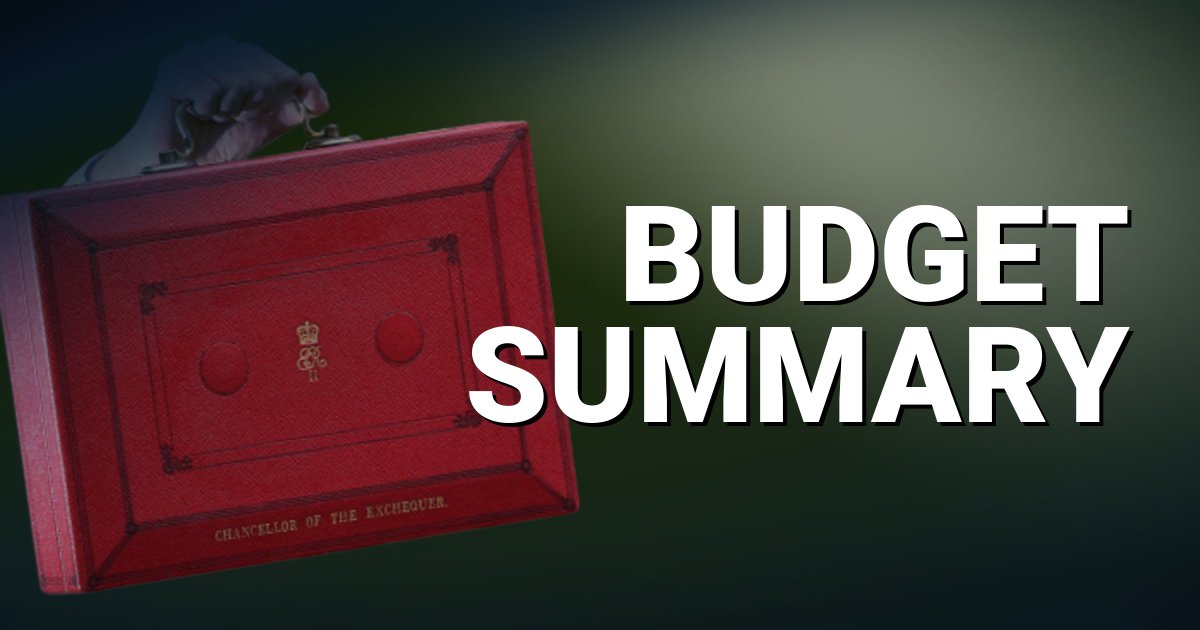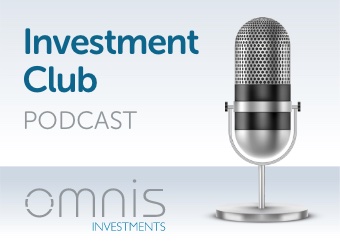Rachel Reeves Delivers Labour’s October Budget – Budget Summary
Wednesday 30 October, 2024
The Labour government has released its first Budget in 14 years, a landmark moment led by Chancellor Rachel Reeves as the party outlines its economic vision.
In her speech, Reeves underscored the need to address an estimated £22 billion deficit, attributed to previous policies, while committing to stabilise finances and invest in national priorities.
The Budget aims to balance fiscal responsibility with investments in essential areas such as infrastructure, healthcare, and education. This approach marks a return to comprehensive public spending frameworks with a focus on long-term growth and financial sustainability.
The key aspects of the budget are:
Personal Taxes
The freeze on income tax and National Insurance thresholds will conclude in 2028, helping to prevent individuals from moving into higher tax brackets as their wages increase.
Capital gains tax on profits from selling shares will rise from a maximum of 20% to a maximum of 24%, while rates for additional property sales will remain unchanged.
The freeze on inheritance tax thresholds has been extended further, now lasting until 2030.
Business Taxes
From April, businesses will be required to pay National Insurance on employees’ earnings over £5,000, down from the current threshold of £9,100, and the rate will increase from 13.8% to 15%.
The Employment Allowance, which reduces companies' National Insurance obligations, will increase from £5,000 to £10,500.
Taxes on private equity managers' share of profits from successful deals will rise from a maximum of 28% to a maximum of 32% starting in April.
The main corporation tax rate on business profits exceeding £250,000 will remain at 25% until the next general election.
Wages, Benefits and Pensions
The legal minimum wage for those over 21 will increase from £11.44 to £12.21 per hour starting in April 2025.
For 18 to 20-year-olds, the minimum wage will rise from £8.60 to £10, as part of a plan to introduce a "single adult rate" over time.
Eligibility for the allowance paid to full-time carers will be broadened, raising the maximum earnings threshold from £151 to £195 per week.Housing
The affordable homes budget, which extends until 2026, will be increased by £500 million.
Social housing providers will be permitted to raise rents above inflation under a new multi-year settlement.
The stamp duty surcharge on second home purchases in England and Northern Ireland will increase from 3% to 5%.
Transport, Alcohol, Tobacco
The £2 cap on single bus fares in England will increase to £3 in January.
The 5p reduction in fuel duty on petrol and diesel, scheduled to end in April 2025, will be extended for another year.
Funding for tunnelling work to bring the HS2 high-speed rail line to Euston station in central London remains committed.
Air Passenger Duty on private jet flights will increase by 50%.
Tobacco taxes will rise by 2% above inflation, and by 10% above inflation for hand-rolling tobacco.
Tax on non-draught alcoholic beverages will rise by the higher RPI inflation measure, while tax on draught drinks will be reduced by 1.7%.
UK Debt, Inflation, and Economic Growth
The Office for Budget Responsibility forecasts that the UK economy will grow by 1.1% this year, 2% next year, and 1.8% in 2026.
Inflation is expected to average 2.5% this year and 2.6% next year, dropping to 2.3% by 2026.
The official definition of UK government debt has been modified to include a broader range of financial assets, such as anticipated student loan repayments.
Government Spending and Public Services
The NHS in England will receive an additional £1.57 billion next year, earmarked for surgical hubs, scanners, and radiotherapy machines.
Other Measures
A total of £11.8 billion has been allocated to support victims of the infected blood scandal, with £1.8 billion set aside for former Post Office sub-postmasters who were wrongfully prosecuted.






